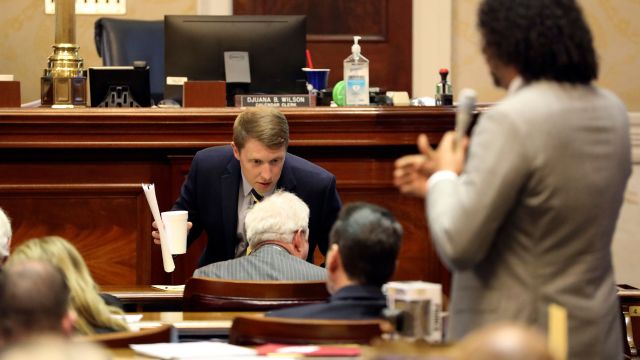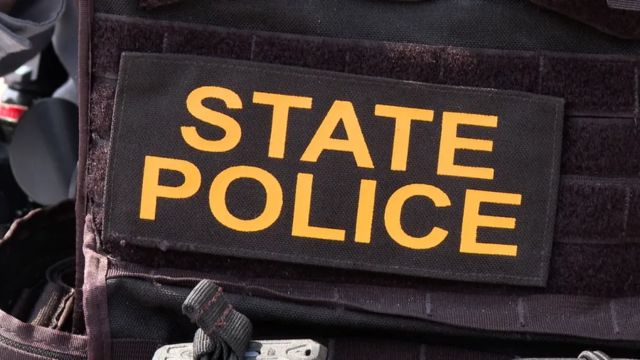In the latest budget discussions, the South Carolina Senate has veered towards fast-tracking an income tax reduction, diverging from the House’s emphasis on providing homeowners with a substantial $500 million property tax refund.
As deliberations on the spending plan commenced in the Senate, attention turned to reconciling the disparate tax proposals and other fiscal matters within South Carolina’s $15.4 billion budget for the upcoming year, a process expected to unfold over the next month.
Republican Senate Finance Committee Chairman, Harvey Peeler, characterized the conflicting tax incentives as a significant challenge in shaping the 2024-25 budget, which once again presents lawmakers with ample financial resources.
Peeler advocated for allocating $100 million towards reducing the state’s average income tax rate from 6.3% to 6.2%, citing its perpetual impact compared to a one-time property tax reduction. Notably, South Carolina is already on a trajectory to lower its top income tax rate from 7% to 6% over a five-year period.
Funds for the proposed income tax cut are drawn from a surplus in the property tax relief account, fueled by a surge in sales tax revenue during and post the COVID-19 pandemic.
While the House budget initially proposed property tax rebates, concerns raised by county authorities over potential rises in property tax bills prompted a shift in focus.
Under the Senate plan, a significant portion of funds, approximately $500 million, is earmarked for infrastructure projects including roads, bridges, and municipal water and sewage systems maintenance, alongside the $100 million allocation for income tax relief.
Furthermore, deliberations within the budget conference committee extend to determining state employee salary increases. The Senate bill proposes a $1,375 annual raise for state employees earning less than $50,000, with a 2.75% increase for higher earners. In contrast, the House plan suggests a $1,000 raise for those earning less than $66,667, with a 1.5% increase for higher earners.
Notably, both chambers have reached consensus on prioritizing teacher compensation, with $200 million allocated in both proposals. Additionally, measures to extend raises to instructors for up to 28 years, as opposed to the previous 23 years, have been proposed.
Beyond fiscal considerations, the Senate’s budget incorporates provisions for bolstering security measures in the Department of Juvenile Justice and enhancing the detection and prevention of unlicensed cell phone usage in maximum-security prisons.
Allocations for crucial infrastructure projects, such as the completion of a medical school at the University of South Carolina and a veterinary school at Clemson University, are also outlined in the Senate’s budget.
Furthermore, funds have been earmarked for a forensic audit to scrutinize the origins and allocations of $1.8 billion in a state Treasurer’s Office account, along with investments in safeguarding election integrity and upgrading electoral systems.
Peeler emphasized that the Senate’s budget prioritizes a balanced approach, with a focus on tax reduction followed by investments in public education and infrastructure, aligning with the diverse needs of South Carolina.




